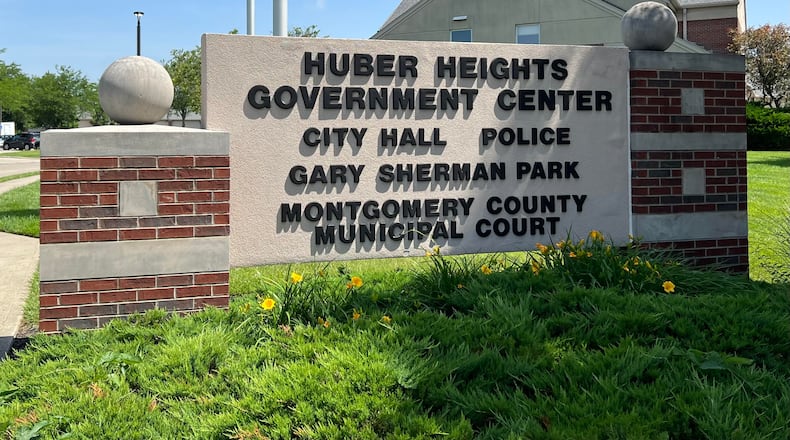In May, voters in Huber Heights rejected this same 10-year, 0.25% earned income tax — a tax levy that has funded fire, police, and emergency medical services since its initial approval in 2014. The vote was very close, at 50.4% against, and 49.6% in favor.
At Monday’s meeting, city council member Glenn Otto asked about any budget cuts that might be needed as a result of levy rejections.
Chodkowski said city staff would make a recommendation to council at Tuesday’s work session “on what we would recommend the budget reductions would be, in order to accommodate the necessary operational costs should this levy fail.”
The levy is not set to expire until Dec. 31, 2024, so a 2023 rejection should not create an immediate loss of funding for city operations.
Credit: Jim Noelker
Credit: Jim Noelker
Council member Ed Lyons urged city staff to prepare information for Tuesday’s work session on how public promotion of the November levy will be handled.
“If we’re going to vote to put it on the ballot, I want to hear what we’re going to do for November to get it passed,” Lyons said. “I really don’t want to put something on the November ballot that doesn’t have much initiative, not much planning and not much success for passing.”
City officials said before the May vote that the levy is necessary in order to continue current public safety operations.
Sarah Williams, the city’s community engagement specialist, said in April that if the levy continues to be rejected, the city would eventually offer only “the most basic functions of police and fire service,” with funds needing to be reallocated from other city services to do so.
For someone earning $50,000 in taxable income per year, the levy would continue to cost $125 per year.
Chodkowski said besides the tax levy currently in question, the city has an identical 0.25% earned income tax measure that is due to expire on Dec. 31, 2025. That means regardless of the outcome in November, Huber Heights residents may see other income tax renewal levy requests in upcoming years.

